Nearly 40 million Americans have an anxiety condition, typically attributed to chronic stress. While most medical professionals recommend therapy, medication, and mindfulness or behavioral changes, there is evidence to suggest that changes to your diet can significantly affect the severity and frequency of attacks.
While most anxiety disorders will require medical or therapeutic intervention, dietary choices can help reduce some persistent symptoms. Therefore, if you have a diagnosed anxiety condition or experience occasional anxiety attacks, you might want to avoid certain foods and beverages.
1. Alcohol
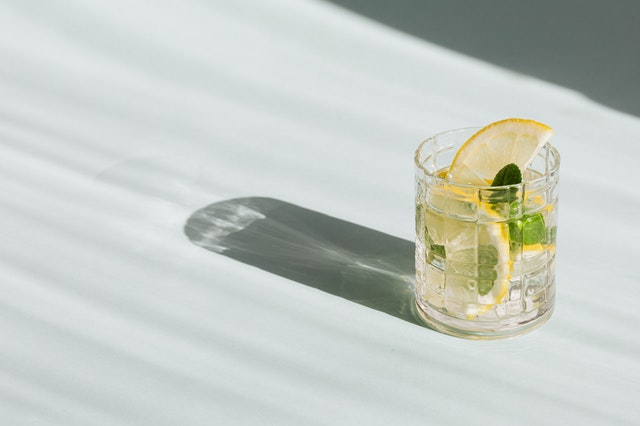
While it might seem counterintuitive, alcohol can trigger or worsen anxiety symptoms. Many people, especially those with social anxiety, tend to consume alcohol at gatherings, assuming it calms their nerves. In truth, alcohol affects hydration and sleep, lowering serotonin and neurotransmitters in the brain, which can worsen anxiety symptoms when the effects of the drink wear off.
2. Caffeine
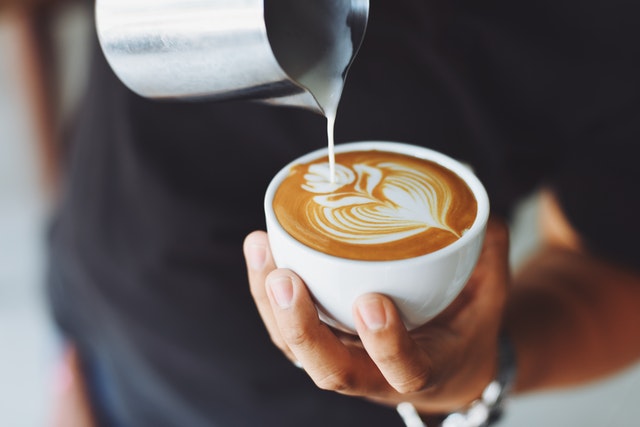
In low doses, caffeine is safe and will have minimal effect on the body or brain. However, high amounts of the ingredient can lead to increased nervousness and anxiety. Over 60% of Americans drink coffee, and the average coffee drinker typically has more than three cups daily, according to the National Coffee Association. Drinking that much coffee puts you over the 400-milligram caffeine limit.
While consuming too much caffeine can exacerbate anxiety disorders, it can also lead to depression. Depending on the amount you consume and how often, the substance can decrease the production of serotonin, the body’s feel-good hormone, resulting in depressed moods.
Keep in mind that caffeine is not only an ingredient in beverages. Many food items and products also contain it, including chocolate and headache medications.
[insert page='Offer' display='content']
3. Added Sugar
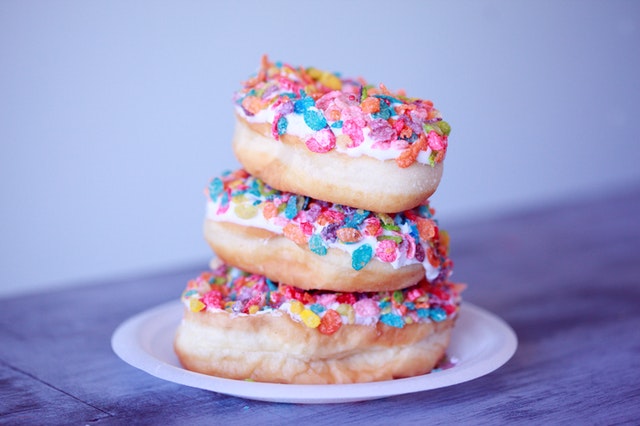
Sugar is naturally occurring, which means that avoidance is impossible, especially if you follow standard nutritional guidelines and eat primarily fruits and vegetables. Thankfully, natural sugar is not your enemy; added sugar is.
Your blood sugar levels behave unpredictably when you consume too much added sugar, resulting in spikes and crashes. During a crash, anxiety levels spike, and your mood typically sours. While the body releases insulin to balance out your levels, it often has to work too hard, causing more highs and lows. Therefore, especially when heavily consumed, processed sugars can lead to worry, sadness, and irritability.
4. Refined Carbs
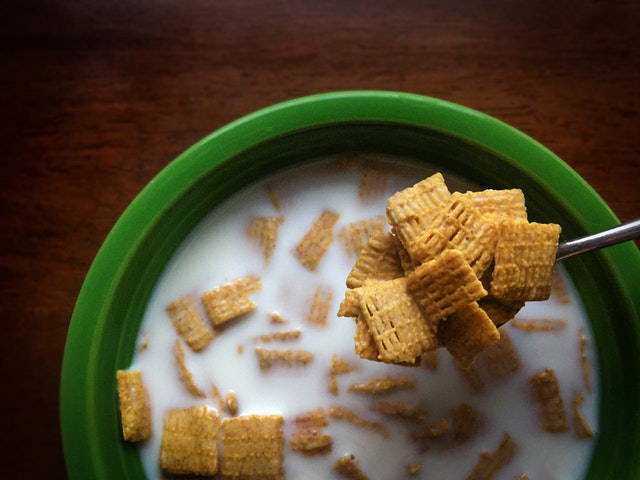
Refined carbohydrates come in two forms: refined sugars and refined grains. This group of carbs can lead to increased risks of heart disease, diabetes, and obesity. Additionally, these foods hold little nutritional value as they have been stripped of their micronutrients and fiber. Beyond the potential risks of life-threatening conditions and lack of nutrition, refined grains are also linked to anxiety conditions, including depression.
The primary examples of refined carbs include white rice, bread, and flour. You are likely to find refined carbs in many everyday foods, such as:
- Pastries
- Soda
- Pasta
- Breakfast cereals
- Processed meats
- Processed snacks
If you have an anxiety condition, try to stay away from foods and beverages containing the above. While complete avoidance is challenging, it would be best if you ensured the above items did not make up much of your diet.
Do you have any dietary advice for those with anxiety? Leave a comment below.

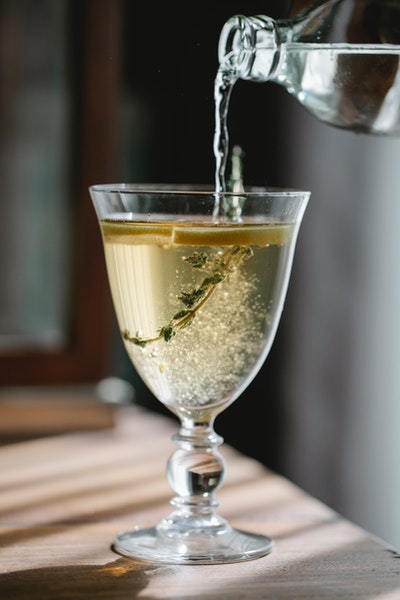
Yes I have an anxiety disorder not bad control Ed
Depression I hate it , are there certain foods to refrain from for this disorder